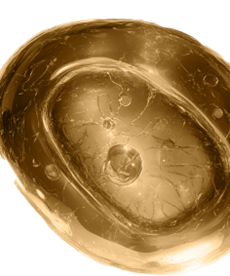2nd MTHFR mutation (A1298C)
The LAMP Human 2nd MTHFR mutation KIT is an in vitro diagnostic test intended for the qualitative detection of the methylenetetrahydrofolate reductase (MTHFR) A1298C mutation by Loop-mediated isothermal amplification (LAMP) on EDTA whole blood and extracted DNA. This assay is dedicated to professional use in diagnostic laboratories. The device is not for self-testing.
MTHFR is an enzyme that helps to regulate homocysteine levels in the body. Mutations (for both polymorphisms C677T and A1298C) in the MTHFR gene are associated with elevated homocysteine levels, which increase the risk of atherosclerosis and may lead to heart attacks, strokes, or venous thrombosis.
Also, MTHFR is an important enzyme in the metabolism of folic acid and is crucial for reproductive function. Polymorphisms in this gene sequence have been associated with subfertility.
Format: 24 or 96 determinations
Storage: At -20°C. 8 freeze and thaw max.
Possible automation: Yes
Analysis software : Yes
Turn around time: Around 1 hour
Disease Information
Advantages
Linked products

You have a question regarding our products ? You want to know more about our method ?
Find out about our other expertises

